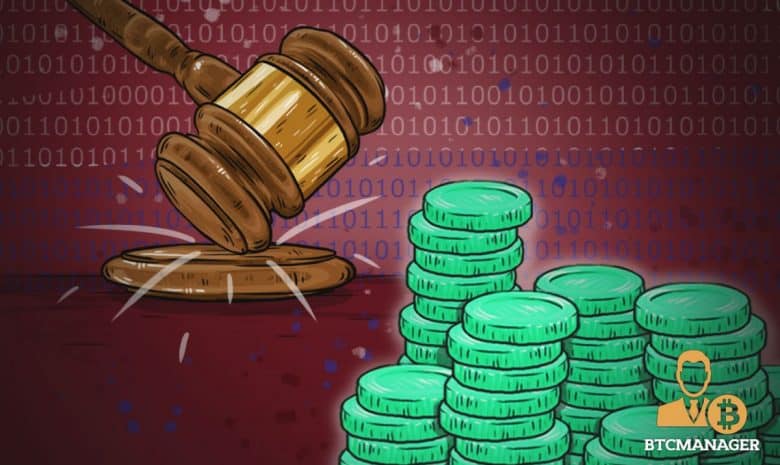Italian Regulators Bar Eight Bitcoin and Forex-Linked Websites

Commissione Nazionale per le Societa e la Borsa (CONSOB), Italy’s securities regulator has clamped down on eight cryptocurrency and forex trading related websites allegedly promoting their services in an illegal manner in the region. In the past few months more than 150 forex and crypto domains have been blocked by Italian authorities, reports Finance Magnates on February 11, 2020.
CONSOB Crackdown Crypto Sites
As part of plans to sanitize its financial ecosystem and rid it of players who fail to abide by its rules, Italian securities regulator, CONSOB has wielded its hammer against eight online platforms providing crypto and FX services to residents.
Per sources close to the matter, CONSOB has alleged that the affected websites were promoting crypto and foreign exchange products online without obtaining the relevant licenses from the financial regulator.
CONSOB has also mandated all internet service providers (ISPs) in the state to stop servicing the defaulting websites which include fxonspot.com, which is run by Trade Com Limited, Cryobase.com, profx247.com from Honest Capital Limited, among others.
No Room for Bad Actors
Reportedly, CONSOB has taken action against the owners of nearly 150 domains in the region in the past few months, an operation that has been made easier by the Decreto Crescita legislation, which gives the regulator the right to shutter the processes of financial services providers operating online without the necessary licenses.
Out of the eight blacklisted sites, six reportedly offer foreign exchange and contracts for differences (CFD) trading while the remaining two are crypto-related platforms.
Earlier in December 2019, reports emerged that CONSOB had barred Rodeler Limited, the firm in charge of several cryptos and forex sites including 24opttion.com, rodeler.com, and others, to desist from operating in Italy, after receiving complaints from several investors against the firm’s operations.
It’s worth noting that Italian authorities have been doing their best to protect crypto investors from rogue actors in the space.
In July 2018, Italian law enforcement seized all the bitcoin (BTC) in the wallet of hacked exchange BitGrail to enable it to conduct a full criminal investigation.
The Italian Senate Committee of Constitutional Affairs and Public Works implemented the nation’s first blockchain regulation in January 2019, making it clear that the technology underpinning bitcoin (BTC) could be used for document authentication and timestamping.














